Use of Computer Software
- Use of software on computers owned or leased by Macomb Community College in violation of copyright law or the software licensing agreement is prohibited and shall subject the user to discipline or loss of privileges. Employees, students, and other users of College computers are expected to adhere to copyright law and the licensing agreement whenever they access software on computers owned or leased by the College.
- Persons to whom software owned or leased by the College is entrusted shall exercise reasonable care in handling, using, and storing the software to avoid the opportunity for violation of copyright law or the licensing agreement by other persons and shall advise persons having access to the software of restrictions on use or copying.The following acts are generally unlawful or violate licensing agreements:
- Giving, selling, or otherwise transferring copyrighted or licensed software to another person while retaining the original or a copy;
- Using software known to have been obtained in violation of copyright law or the licensing agreement;
- Installing copyrighted software on more than one computer unless authorized by the licensing agreement.
- Persons installing software on computers owned or leased by the College shall provide the Director of Computer Services with a copy of the licensing agreement for the software. This requirement pertains to all software regardless of ownership.
- Macomb Community College endorses the EDUCOM Code of Software and Intellectual Rights, which is incorporated into this policy by reference.
The EDUCOM* Code of Software and Intellectual Rights
Respect for intellectual labor and creativity is vital to academic discourse and enterprise. This principle applies to works of all authors and publishers in all media. It encompasses respect for the right to acknowledgment, right to privacy and right to determine the form, manner, and terms of publication and distribution. Because electronic information is volatile and easily reproduced, respect for the work and personal expression of others is especially critical in computer environments. Violations of authorial integrity, including plagiarism, invasion of privacy, unauthorized access, and trade secret and copyright violations, may be grounds for sanctions against members of the academic community.
* EDUCOM is a consortium of colleges and universities seeking to transform education through the use of information technology.
Approved by the Board of Trustees
Macomb Community College
March 18, 1997
(Reviewed by Office of General Counsel, July 11, 2024)


